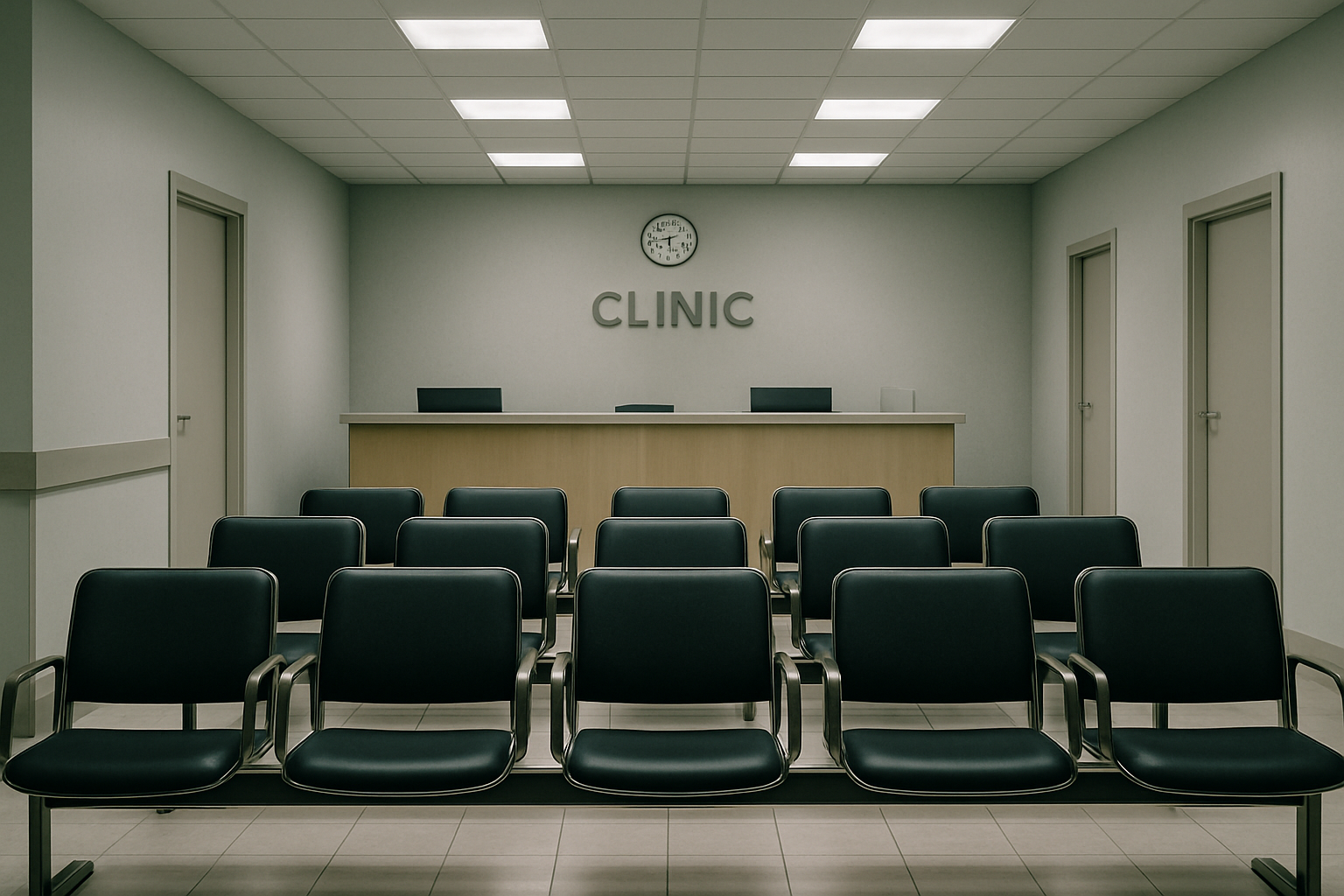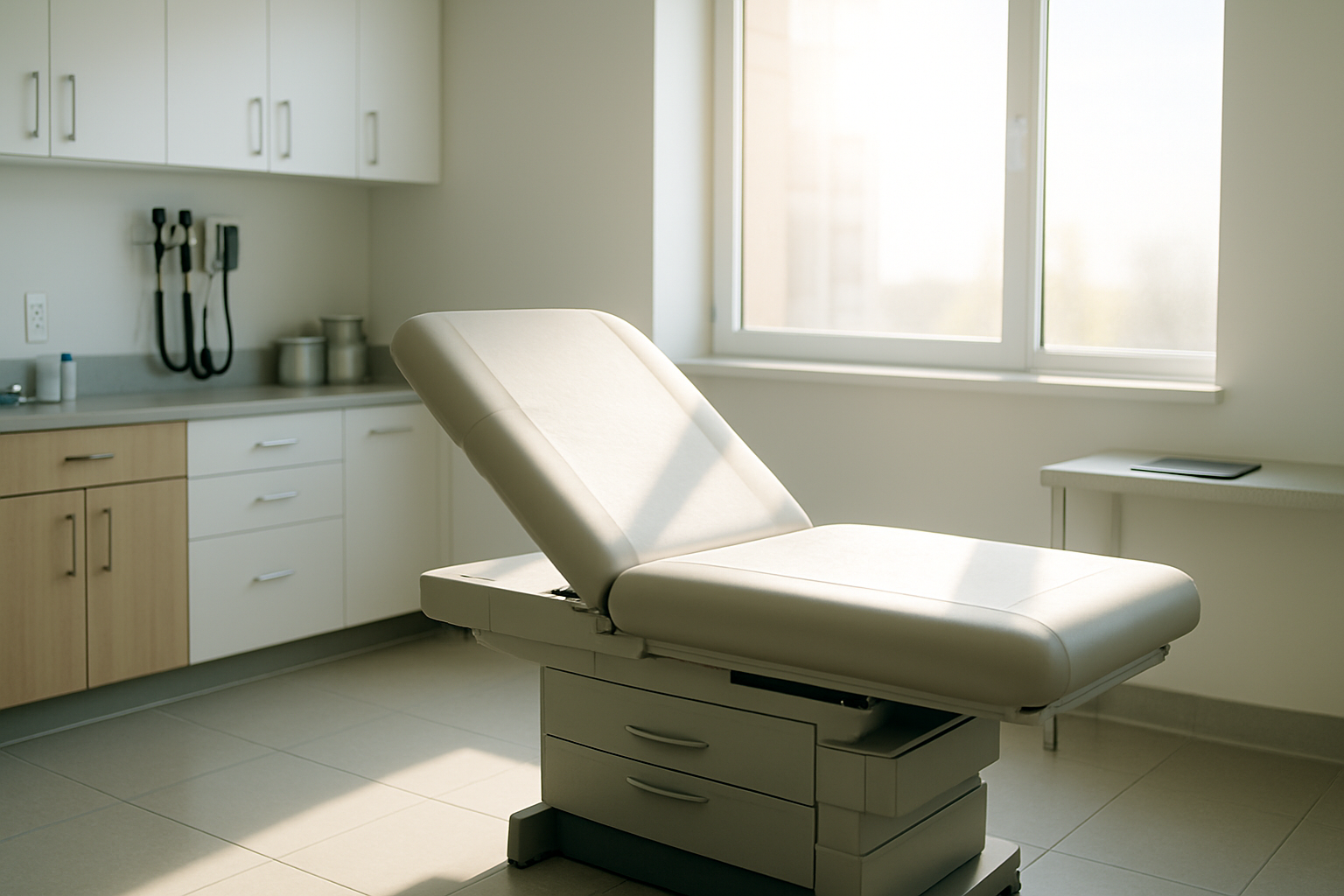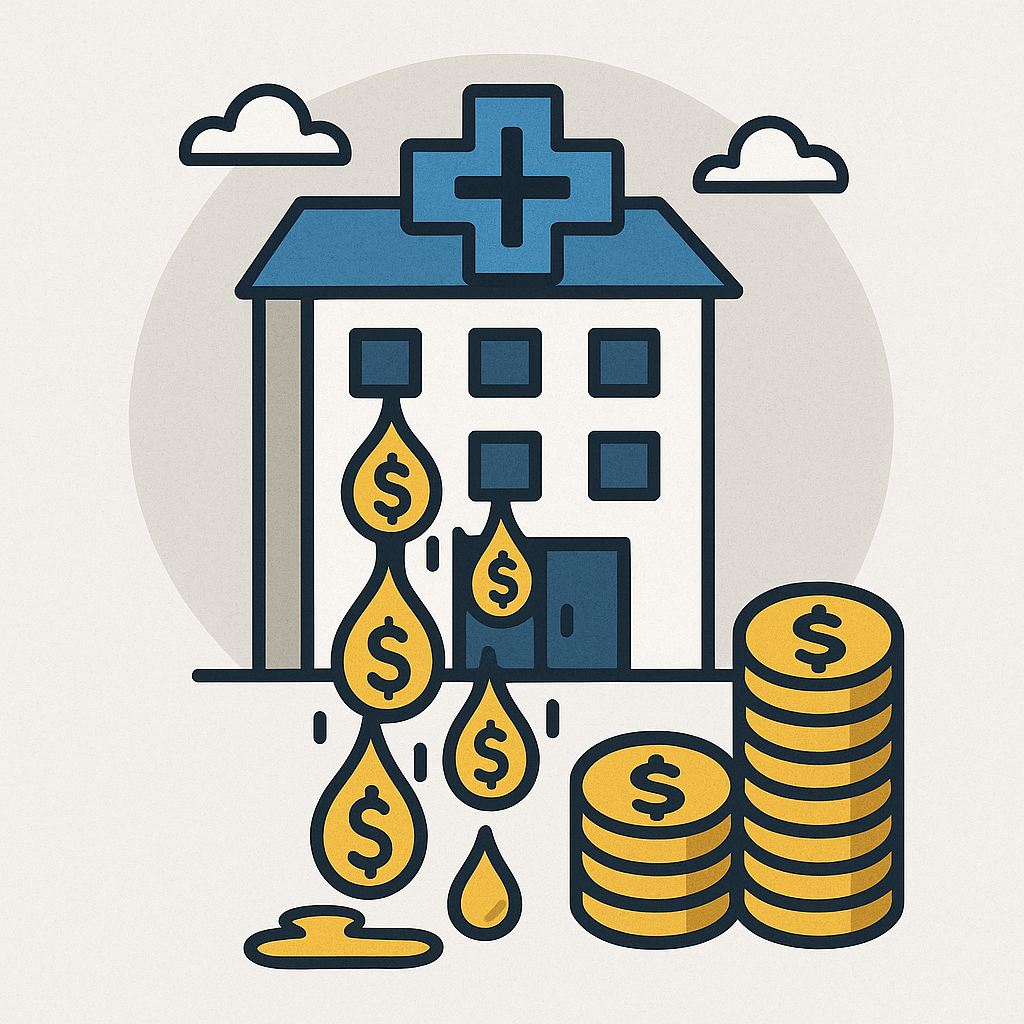Beyond the Benchmarks: A Comprehensive Guide to Understanding and Conquering the Average Patient No-Show Rate
The average patient no-show rate is a critical, yet often underestimated, metric that silently chips away at the financial health and operational...






